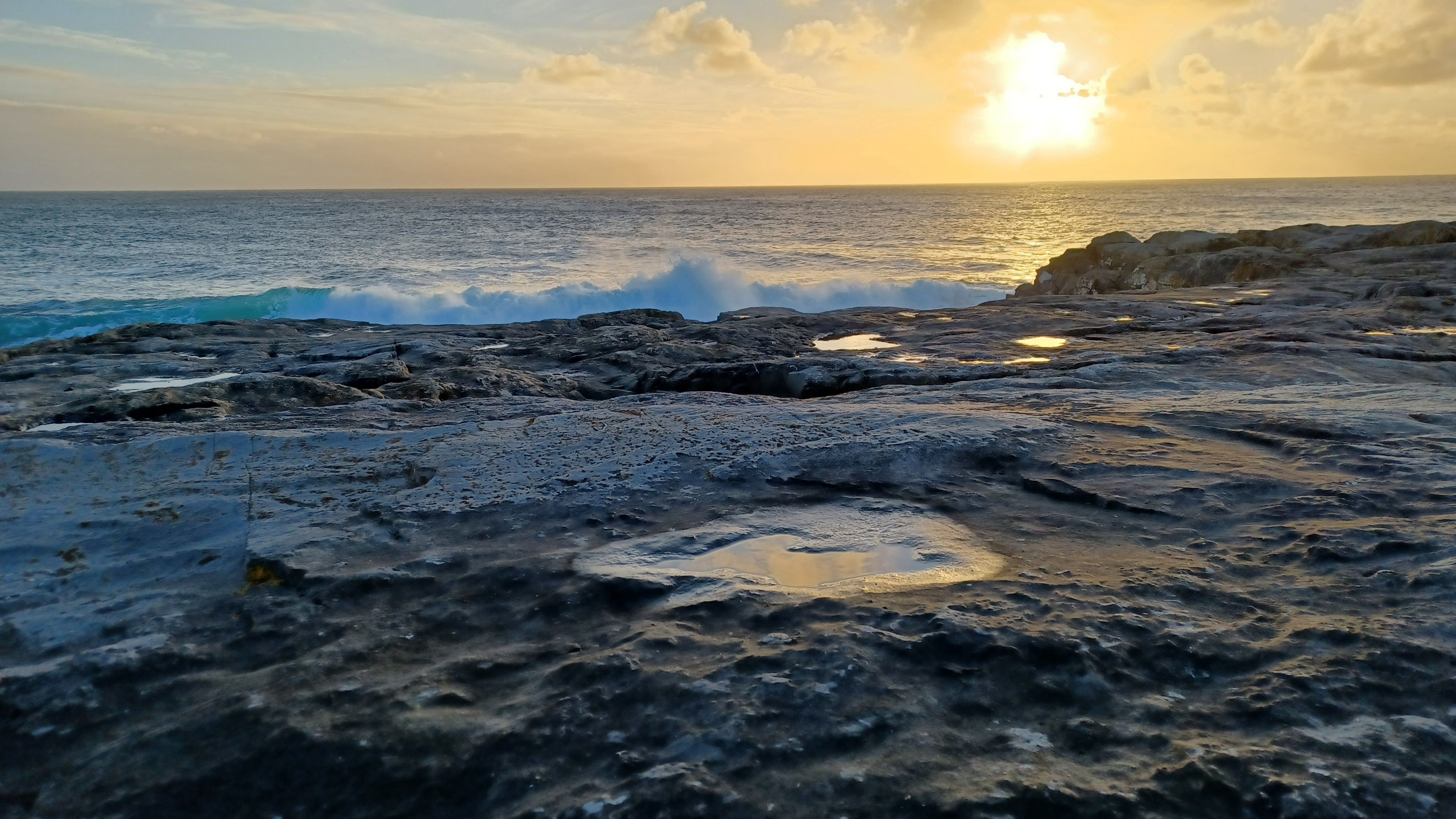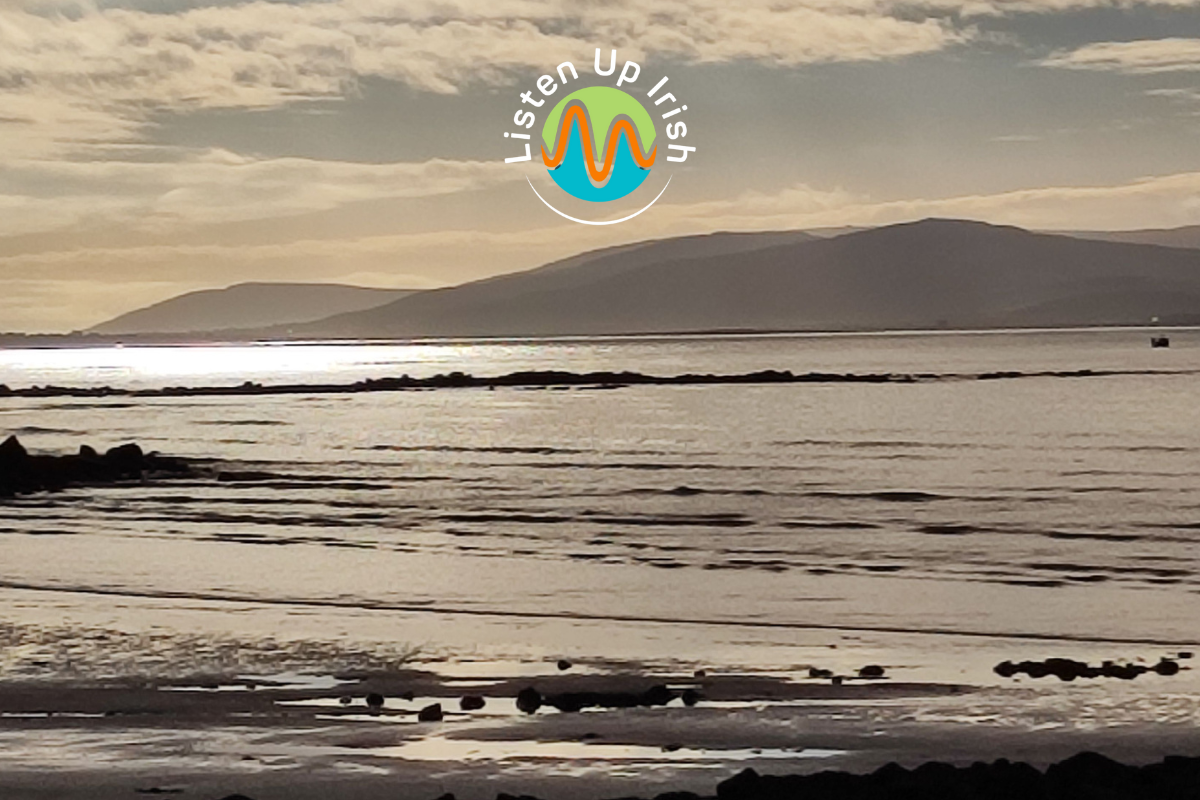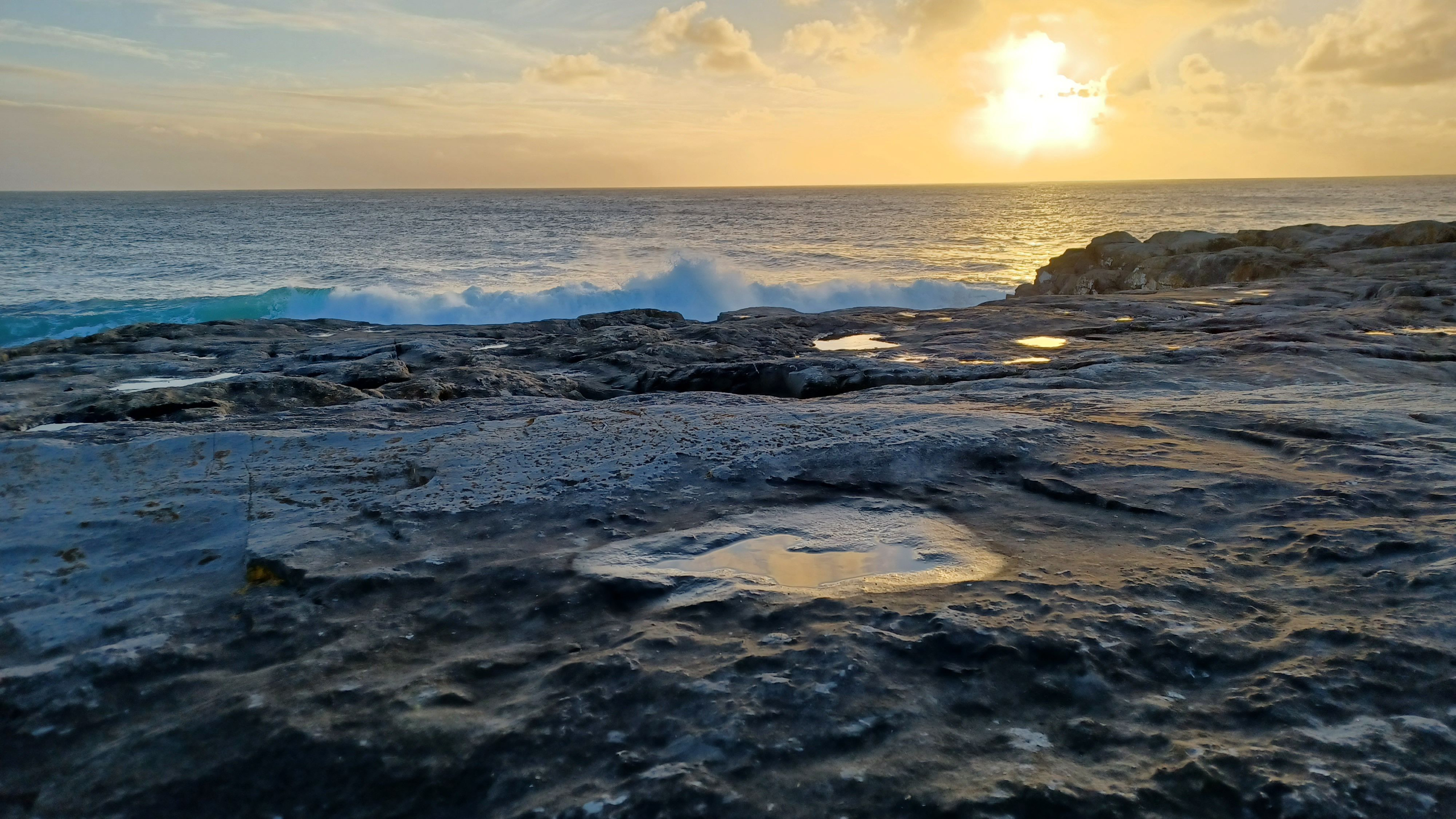Thuas seal thíos seal / Ups and downs
Talking about moving upwards or downwards is a little more complicated in the Irish language than it is in English.
Let's compare the two:
I am going up / Tá mé ag dul suas
I am up / Tá mé thuas
I am coming up (from below) / Tá mé ag teacht aníos
I am going down / Tá mé ag dul síos
I am down / Tá mé thíos
I am coming down (from above) / Tá mé ag teacht anuas
Wait?! WHAT?!
There are SIX words in Irish, where there are only two in English!
suas, thuas, aníos, síos, thíos, anuas! / up, down
Thuas / Thíos
Let's knock two off the list quickly: thuas & thíos.
Use these words to describe something when it is already 'there'; it's no longer moving. It's either up, or down, but it's not going anywhere!
The easy way to remember this is to think of the 'th' in 'there' and the 'th' in 'thuas' and 'thíos.'
If someone is downstairs you would say: Tá sé thíos staighre
If he is upstairs: Tá sé thuas staighre
The book is up on the shelf: Tá an leabhar thuas ar an tseilf
Síle is down on the beach: Tá Síle thíos ar an trá
Got it?
Let's move on then...
Suas / Síos
There are two words beginning with 's' to do with up and down: suas & síos.
Think of a snake, slithering along....there is movement. The 's' words, 'suas' and 'síos', are used when there is movement upwards or downwards (but there is no indication of the starting point).
I am going upstairs: Tá mé ag dul suas staighre
She is going downstairs: Tá sí ag dul síos staighre
flying up in the sky: ag eitilt suas san aer
If you're telling someone to move, to get up, or get down, then you would use:
Up with you! Suas leat!
Get down! Síos leat!
The 's' words are not just for movement, however, as they can also be used to indicate that something is at a higher or lower level:
Her apartment is two floors up: Tá a hárasán dhá urlár suas
His apartment is two floors down: Tá a árasán dhá urlár síos
And finally the 's' words can also used to indicate that something has risen or become lower:
The water in the river has risen two metres: Tá an t-uisce san abhainn suas dhá mhéadar
Costs are higher/up: Tá na costais suas
The main use of 'suas' and 'síos' however is with movement...
so just keep that 'snake' in mind!
Anuas / Aníos
'Anuas' and 'aníos' are probably the trickiest of the six words to get your head around!
Why is this?
Probably because the word 'anuas' contains 'uas' which has been used in 'ag dul suas' (going up) and 'thuas' (up, i.e. in situ). And yet, 'anuas' actually means coming down!
Similarly 'aníos' contains 'íos', just like 'ag dul síos' (going down) and 'thíos' (down). And yet, 'aníos' actually means coming up!
The trick here is to remember that the first part of the word, 'an', is used to indicate movement away from a particular position.
So, 'anuas' is used when moving away from being up - and if you're moving away from up, well then, you're going down!
Similarly, 'aníos' is used when moving away from being down - and the only way to go from down is up, and so this means 'going up'!
(Yes, give those last two sentences a minute or two to sink in!)
The easiest thing is to try to remember a few simple expressions:
The children are growing up: Tá na páistí ag fás aníos
I was throwing up last night: Bhí mé ag caitheamh aníos aréir (the contents of the stomach are coming up from lower down in this one!)
If someone was downstairs and you wanted them to come upstairs you would say:
Come up! Tar aníos (i.e. come away from 'down' (íos))
And if you were downstairs and you wanted them to come down to you then you would say:
Come down! Tar anuas (i.e. come down from 'up' (uas))
Crystal clear now ;-)




